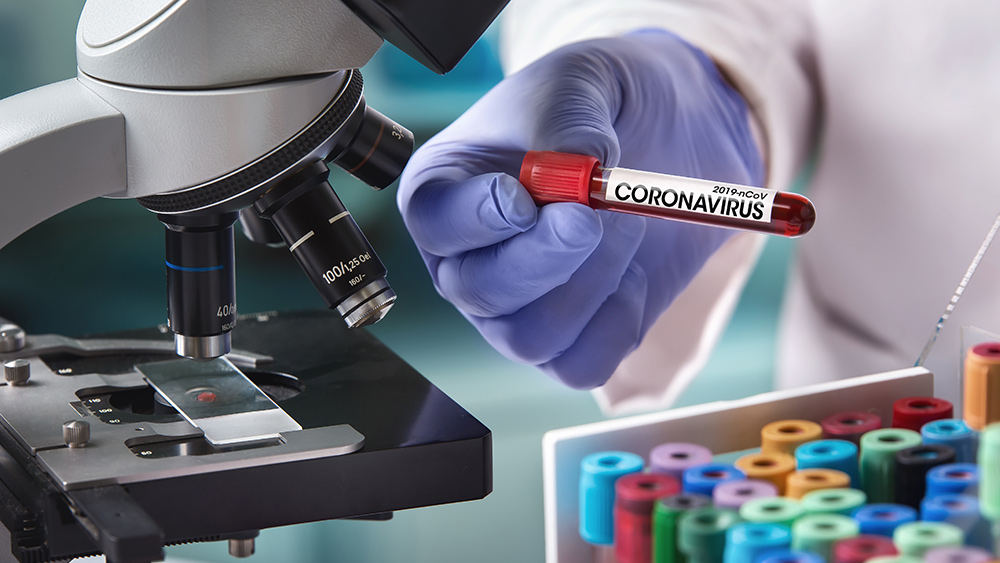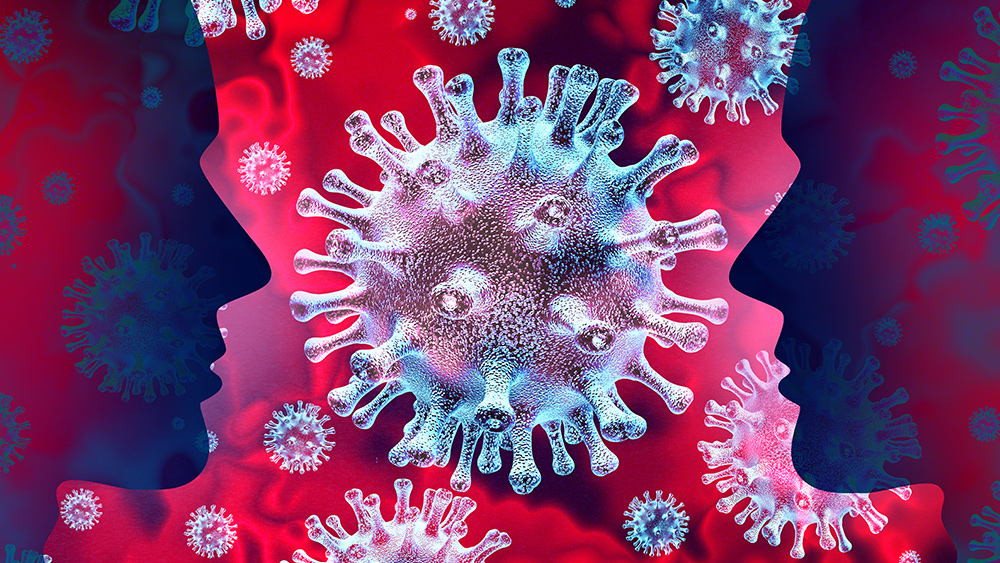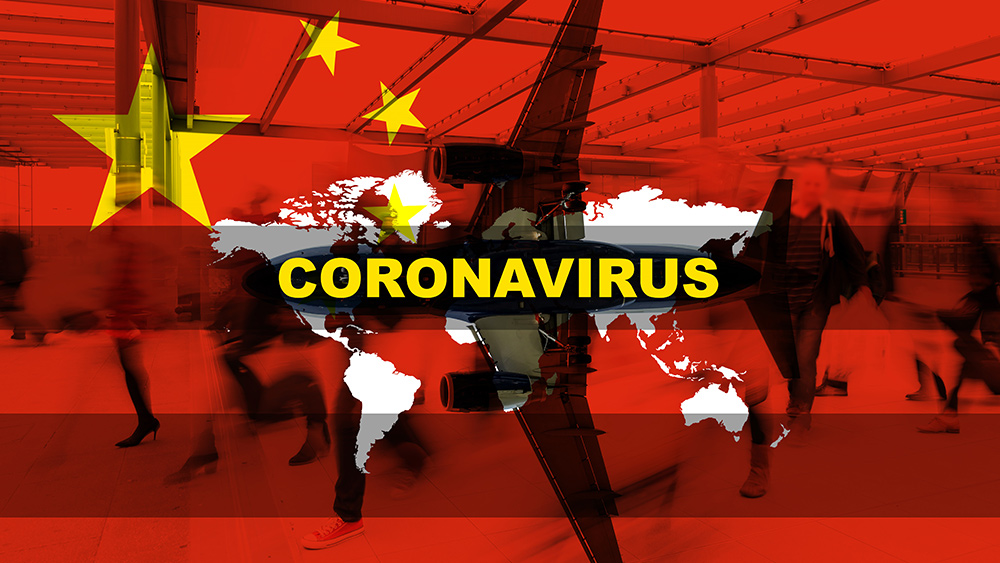You don’t have to be vegan to be deficient in vitamin B12 — here’s what you need to eat
01/27/2020 / By Bobbi Bruce

There’s a good reason why health experts constantly remind people to eat a balanced diet: Good nutrition comes from eating the right foods. According to the World Health Organization (WHO), nutrition is a critical component of health and development. Good nutrition not only helps build a stronger immune system, it also lowers the risk of diseases and contributes to longevity.
To have better nutrition, you need to get the right amount of essential nutrients from your meals. Essential nutrients are organic compounds that your body can’t produce on its own or produce only in small amounts. But since they play huge roles in many bodily processes, you need to acquire them from other sources. One example of an essential micronutrient is vitamin B12 or cobalamin.
Vitamin B12 is a water-soluble vitamin needed for the production of blood cells. It is also used to create nerves and DNA. But since the body cannot make vitamin B12, you need to get it from foods or supplements.
A deficiency in vitamin B12 is fairly common worldwide and is often caused by not eating enough vitamin B12-rich foods. This is especially true for people following a strict vegan diet, as vitamin B12 is usually found in animal and dairy products. Symptoms of a deficiency include pale skin, fatigue, breathlessness and a “pins and needles” sensation caused by nerve damage. One study even linked low vitamin B12 levels with an increased risk of dementia, Parkinson’s disease and Alzheimer’s. Thankfully, these problems could be easily circumvented by adding more sources of vitamin B12 to your diet.
Foods rich in vitamin B12
According to the National Institutes of Health (NIH), adults need to consume 2.4 micrograms (mcg) of vitamin B12 daily. If you are a vegan, supplementation can help you meet your daily vitamin B12 requirement. But for those who aren’t, here is a list of foods rich in vitamin B12.
- Fortified cereal. Here’s an option that may work well for both vegetarians and vegans. While fortified cereals aren’t recommended as part of a healthy diet, these cereals can still be a decent source of B vitamins, especially vitamin B12. This is because of the food fortification process, which adds nutrients not originally found in the food. In fact, studies have shown that eating fortified cereals can help increase vitamin B12 concentrations in the body. However, if you choose to eat fortified cereals, opt for a brand that offers high-fiber whole grains without any added sugar.
- Salmon. While salmon is well-known for its high concentrations of omega-3 fatty acids, it can also be a great source of B vitamins. Half a fillet of salmon can provide more than 80 percent of the recommended daily intake of vitamin B12. It can also provide a hefty amount (4,023 milligrams) of omega-3 fatty acids.
- Clams. These mollusks are small, chewy shellfish that pack a powerful nutritional punch. Clams are a good source of protein and contain high amounts of vitamin B12. In fact, 20 small clams can net you more than 3,100 percent of the recommended daily intake.
- Beef. Not only can beef be turned into a delectable and fancy meal, it is also a fantastic source of vitamin B12. A single 186-gram steak provides nearly 200 percent of the recommended daily intake for vitamin B12. In addition, a steak of the same size can provide a good amount of vitamins B2 (riboflavin), B3 (niacin) and B6.
- Milk and dairy products. Coming straight from the cow, it’s no wonder why milk and other dairy products are excellent sources of vitamin B12. A study published in The Journal of Nutrition found that the body is more capable of absorbing vitamin B12 from dairy products than from fish, eggs and beef. Another study, which appeared in The American Journal of Clinical Nutrition, showed that eating dairy products is more effective than eating fish at increasing vitamin B12 levels.
Vitamin B12 is an essential nutrient that you need to perform various bodily functions. By eating foods rich in vitamin B12 or taking vitamin B12 supplements, you can avoid a deficiency altogether.
Sources:
Tagged Under: #nutrition, balanced diet, food cures, food is medicine, functional food, ingredients, nutrients, supplements, vegan diet, vegans, Veggies, vitamin B12, vitamin b12 deficiency



















